Over 30 influential people attended Forest Academy for EU Decision Makers in Finland – here’s what it was like
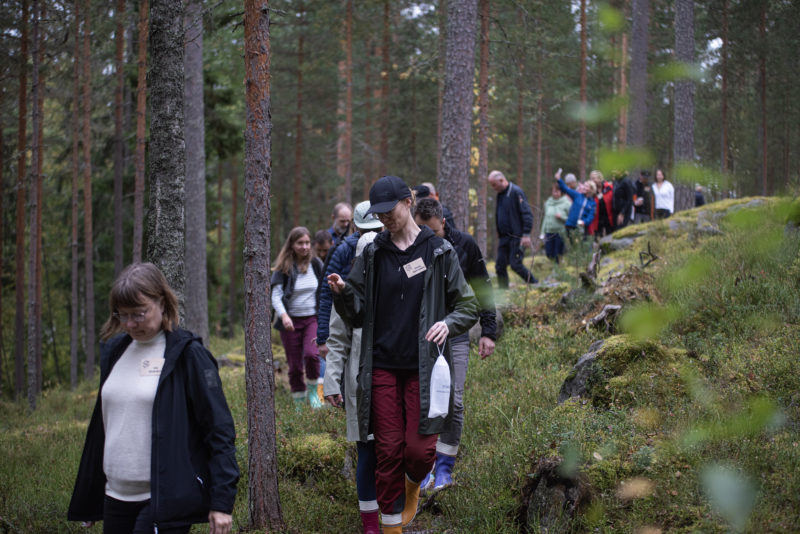
The Forest Academy for EU Decision Makers brought more than 30 influential Europeans to Finland, to learn about forestry, nature management and the forest industry.
’This is the most important take-home message: that once they fell a tree here, everything is used. They don’t leave resources to rot, if you don’t need to do so for biodiversity,’ said Hans Nilsagård, Senior Advisor at the Swedish Ministry of Rural Affairs and Infrastructure, speaking at dinner during the course.
Nilsagård emphasised the importance of forest management in Finland and Sweden. Without proper management, forests would fairly soon be taken over by spruce, leaving less space for other species, such as birch and Scots pine. The increase of spruce is also known to increase the risk of insect damage.
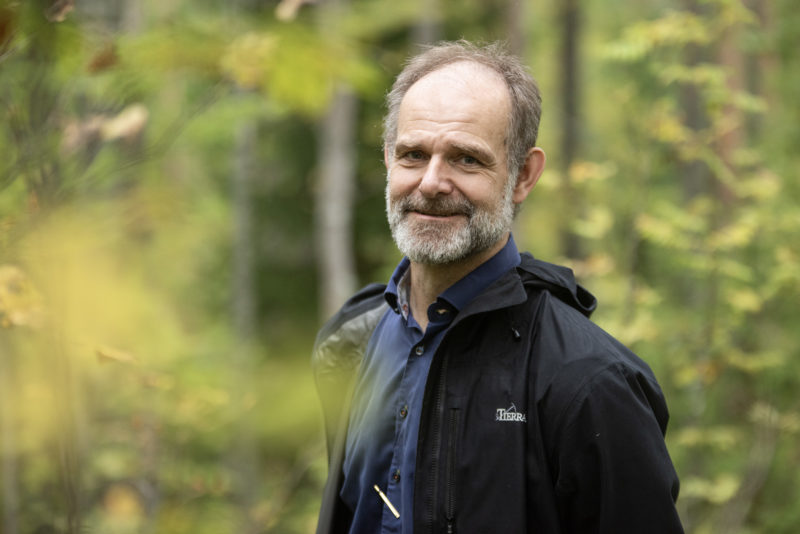
Over 30 people of several nationalities attended the course that ended on Friday, 22 September 2023. They represent a wide range of organisations: the EU Commission, the European Parliament, national ministries, the media, universities, and organisations promoting various interests. The three-day course was the third in a row and was organised by the Finnish Forest Association.

’Nordic forest know-how attracts interest in other parts of Europe. Once again, we were lucky to see here decision-makers with a wide range of expertise,’ said Eveliina Pokela, Senior Specialist at the Finnish Forest Association, the body in charge of the Forest Academy for Decision Makers events.
Solutions for Green Transition
To study the nature management of commercial forests in practice, the participants visited a site in Jyväskylä, Central Finland. They also toured the Äänekoski bioproduct mill, which produces pulp, energy, paperboard and birch veneer, wood-based textile fibres and 3D items made of wood fibre.
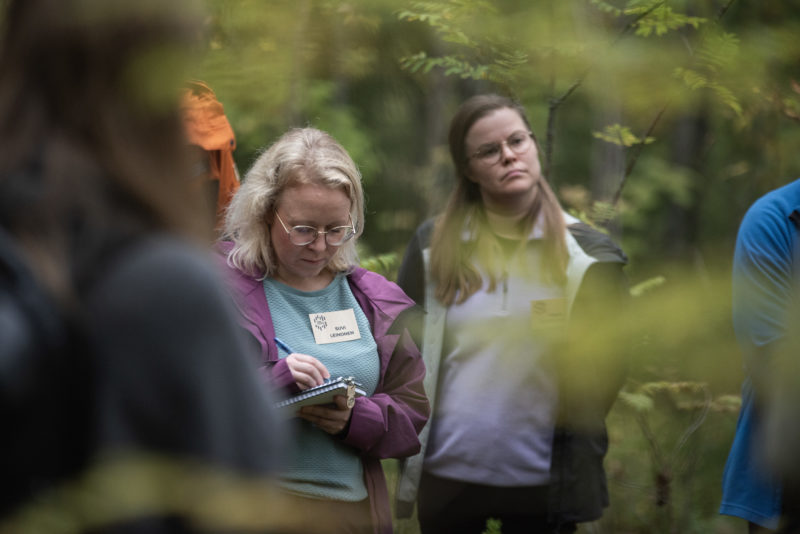
The programme included information on both research and practical measures within the forest sector. The aim of the Forest Academy is to promote the sustainability of the European economy and to provide solutions for the green transition.
’The visits, the facilitated discussions and interaction with top experts gave the participants an almost unique opportunity to get first-hand experience of forest issues that are topical in the EU,’ said Pokela.
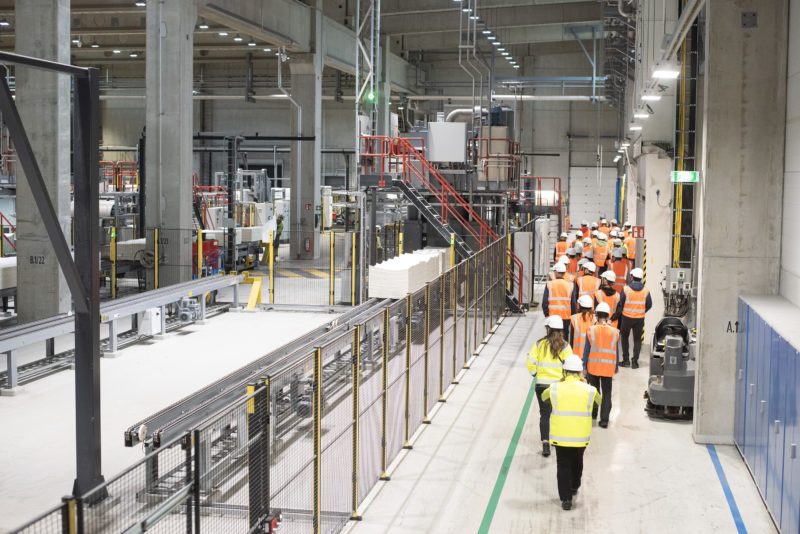
The discussions focused on the use of forests and wood as a solution to a number of global challenges.
Speaking at dinner, Tanja Tanayama,Head of Division at the European Investment Bank, said she did not know very much of the forest sector in advance, but that the course had given her plenty of information ‘to digest’.
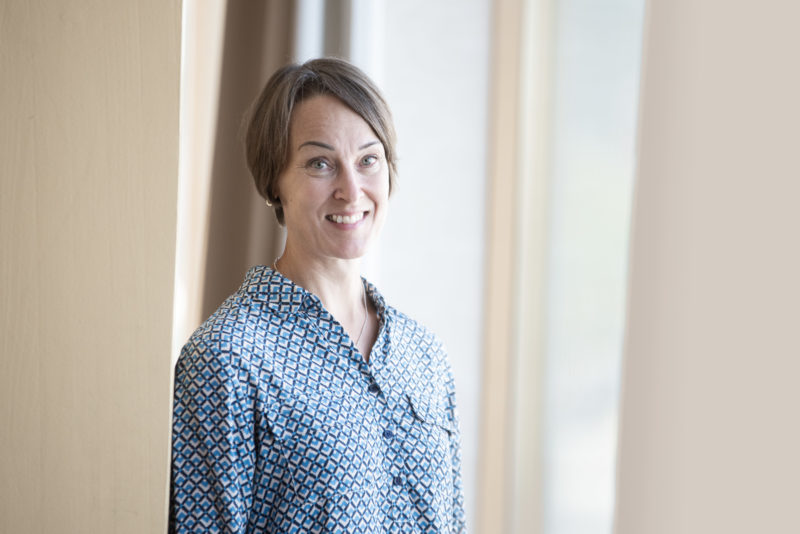
’It is clear, and now it’s crystal clear, that forests do play an important role in the green transition. The challenge comes from the fact that they are the solution to several different, somewhat conflicting objectives. So how to find the best possible compromise?’ Tanayama said.
Forest policy should remain in local hands
The event opening took place in Tuusula near the capital Helsinki, in the recently opened school and cultural centre Monio, constructed of logs. The opening included a joint video greeting by Sari Essayah, Finnish Minister of Agriculture and Forestry, and Peter Kullgren, Swedish Minister of Rural Affairs. The ministers stressed the importance of sustainable forest management for society.
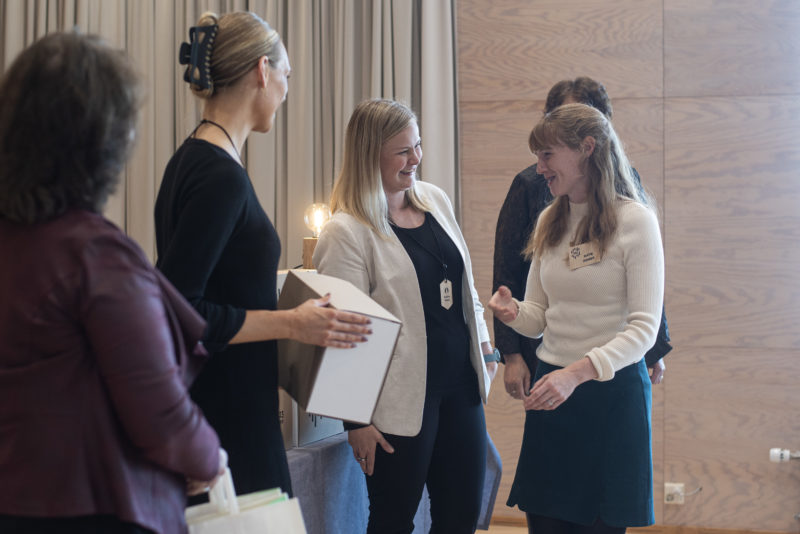
’The forest sector is very much driving the green, fossil-free transition and provides us with new innovations. This transition is based on sustainable forest biomass, which is an alternative to fossil-based raw materials. There are numerous examples of innovative applications derived from the forest, ranging from wood construction and energy production to batteries and clothes,’ said Essayah.
The ministers pointed out that there are over 600,000 private forest owners in Finland, and over 300,000 in Sweden. There is significant variation in forests across the EU.
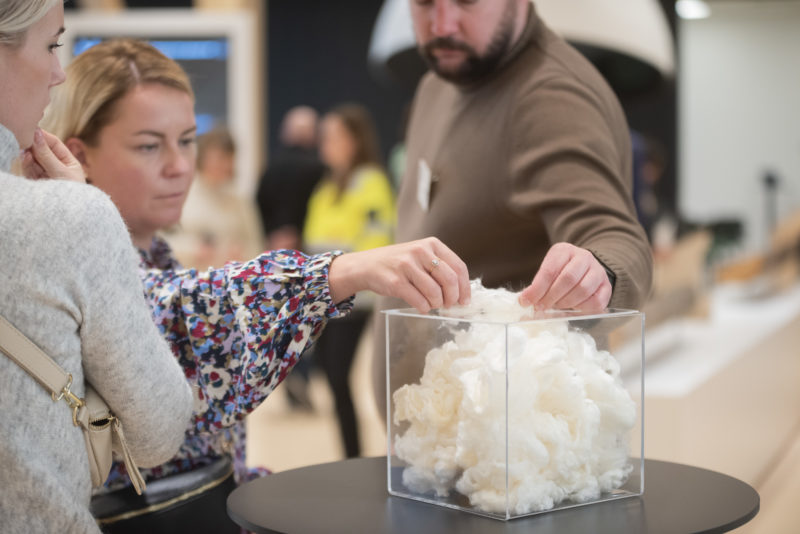
’This is a challenge as the (forest-related) regulatory framework in the EU is expanding rapidly. So, we want to emphasise the role of traditions, knowledge and skills that our forest owners, researchers and companies have developed over the years – based on our local conditions,’ Essayah said.
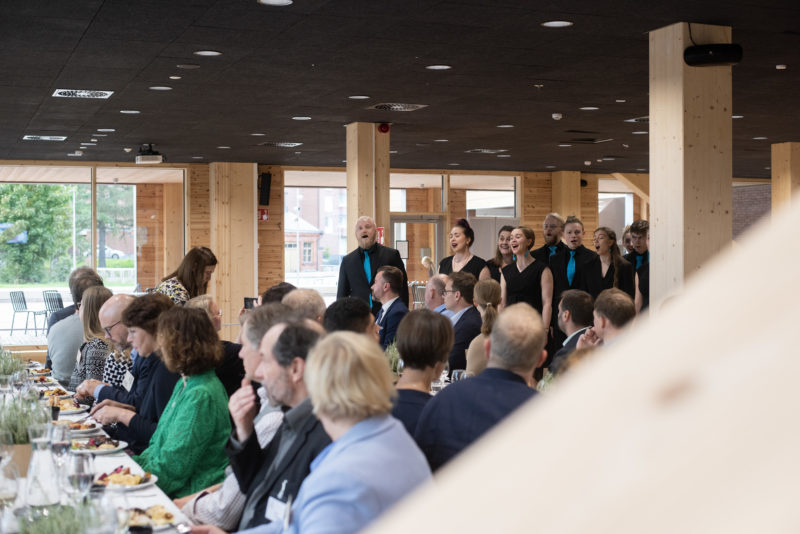
’Forest policy, also in the future, should be planned and implemented at national level. This, in order to be cost-effective and adapt to national circumstances. A ’one size fits all’ approach cannot be applied,’ said Kullgren.